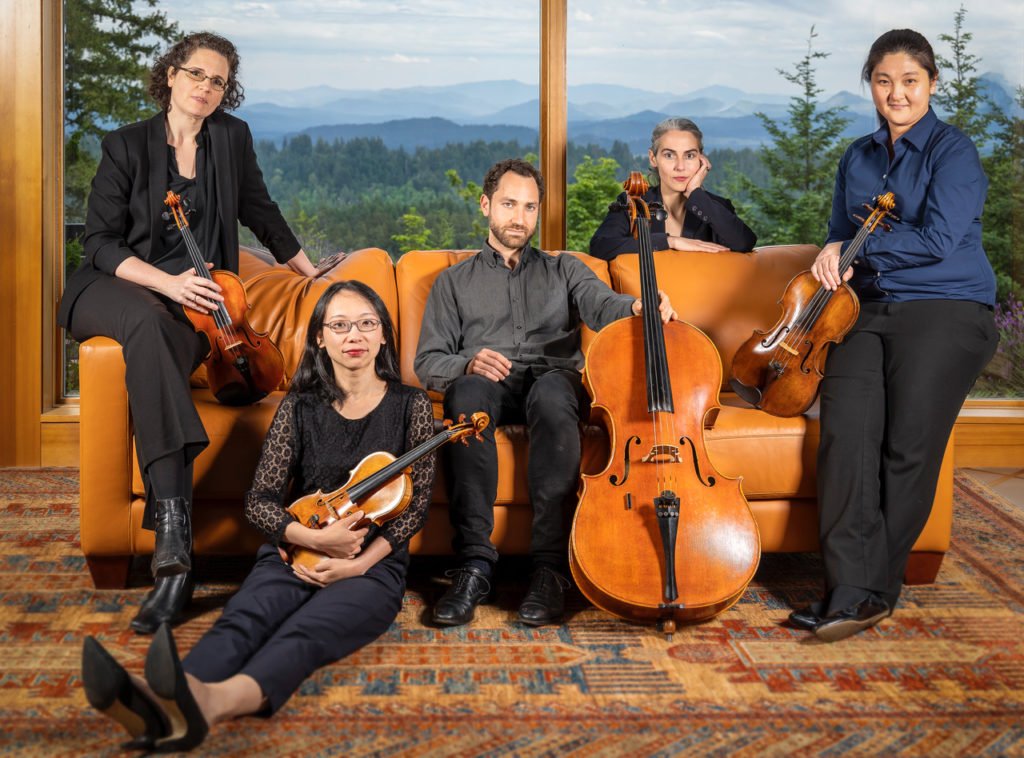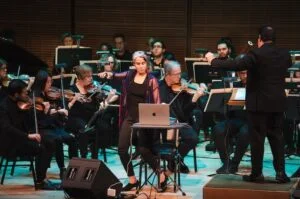
Summer News
An Exciting Summer of Music and Collaboration Hello friends ! This summer brings a constellation of thrilling musical adventures showcasing collaboration, innovation, and artistic exploration. What ties these experiences together
Grim realities through the eyes of multi-generational composers: ASSAD, JOBIM & VILLA-LOBOS
In 2018, the Delgani String Quartet approached me with a partnership idea for a project focusing on the music of Villa-Lobos, Antonio Carlos Jobim, and a new work from me written for the quartet. Brazil would act as the common thread. Curiously, all composers hailed from Rio de Janeiro. But the Brazil of Villa-Lobos, Jobim, and the one I grew up knowing could not be more different.
The Brazil of Villa-Lobos in the 30s and 40s was of supreme nationalistic overtones with his musical musings on the Amazon forest placed at the epicenter of a utopic sentiment of the country.
Rio de Janeiro, the beloved city of Jobim, became the world’s postcard of tropical beauty, perpetuated by the bossa nova movement and Jobim’s famous Girl From Ipanema with lyrics by Vinicius de Moraes from the 50s and 60s. Utopia still prevailed. An example of romanticized poverty and segregation is depicted in the movie Black Orpheus by French director Marcel Camus. It is filled with exuberant scenes from the Carnival and swayed by beautiful bossa nova tunes. As Brazilian author Ruy Castro said, “It’s amazing that people who live in cardboard houses can be so happy.”
By the 80s and 90s, Brazil had become a third-world country. I grew up in this reality, with politicians’ increasingly corrupt mentality ensuring that horror, lack of education, and chaos prevailed. The music and the sentiments, of course, changed along with it.
RECORDING POLL



An Exciting Summer of Music and Collaboration Hello friends ! This summer brings a constellation of thrilling musical adventures showcasing collaboration, innovation, and artistic exploration. What ties these experiences together

Dear friends, I’m so happy to share some exciting broadcasts this week with you. I hope everyone is well! On March 24th, Performance Today will broadcast a few of my

In January 2024, I premiered a musical experiment with the Saint Paul Chamber Orchestra. “The Evolution of AI” featured me as a hybrid being—part human, part machine—interacting with the orchestra

Dear Friends, As 2025 begins in full swing, I take this opportunity to say hi and wish you a beautiful, fruitful and very special new year ! Here are some

Hello, everyone! I am pleased to inform you about a series of performances, beginning with “É Gol” with the Mankato Symphony Orchestra on Saturday, October 26th. The momentum continues just

Dear Friends, I am so happy to announce the latest releases of 2024! Here is a list and the Takacs, Assad, Labro won 1st Prize Winner: Global Music Awards! Album